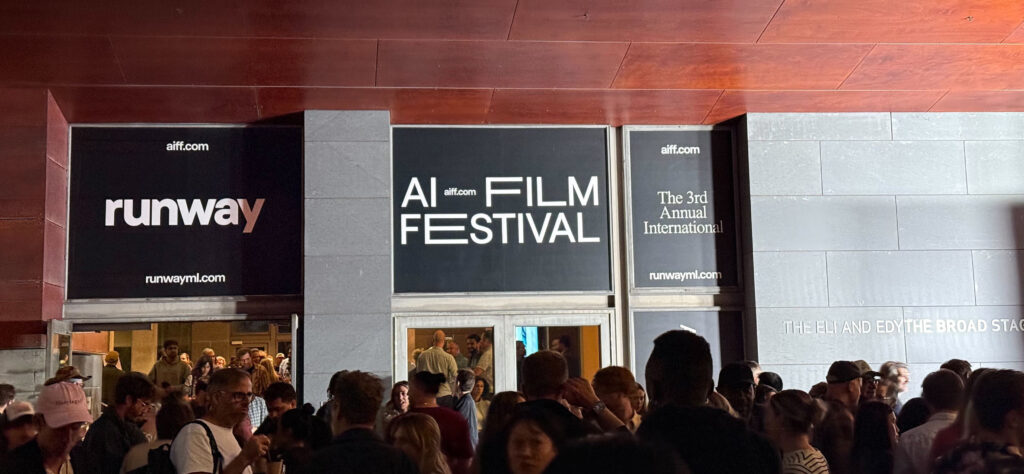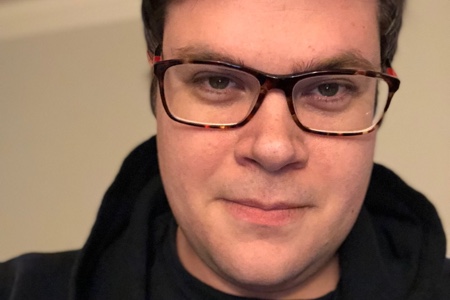Last week, I attended a film festival dedicated to shorts made using generative AI. Dubbed AIFF 2025, it was an event precariously balancing between two different worlds.
The festival was hosted by Runway, a company that produces models and tools for generating images and videos. In panels and press briefings, a curated list of industry professionals made the case for Hollywood to embrace AI tools. In private meetings with industry professionals, I gained a strong sense that there is already a widening philosophical divide within the film and television business.
I also interviewed Runway CEO Cristóbal Valenzuela about the tightrope he walks as he pitches his products to an industry that has deeply divided feelings about what role AI will have in its future.
To unpack all this, it makes sense to start with the films, partly because the film that was chosen as the festival's top prize winner says a lot about the issues at hand.
A festival of oddities and profundities
Since this was the first time the festival has been open to the public, the crowd was a diverse mix: AI tech enthusiasts, working industry creatives, and folks who enjoy movies and who were curious about what they'd see—as well as quite a few people who fit into all three groups.

The films shown were all short, and most would be more at home at an art film fest than something more mainstream. Some shorts featured an animated aesthetic (including one inspired by anime) and some presented as live action. There was even a documentary of sorts. The films could be made entirely with Runway or other AI tools, or those tools could simply be a key part of a stack that also includes more traditional filmmaking methods.
Many of these shorts were quite weird. Most of us have seen by now that AI video-generation tools excel at producing surreal and distorted imagery—sometimes whether the person prompting the tool wants that or not. Several of these films leaned into that limitation, treating it as a strength.


 Loading comments...
Loading comments...
